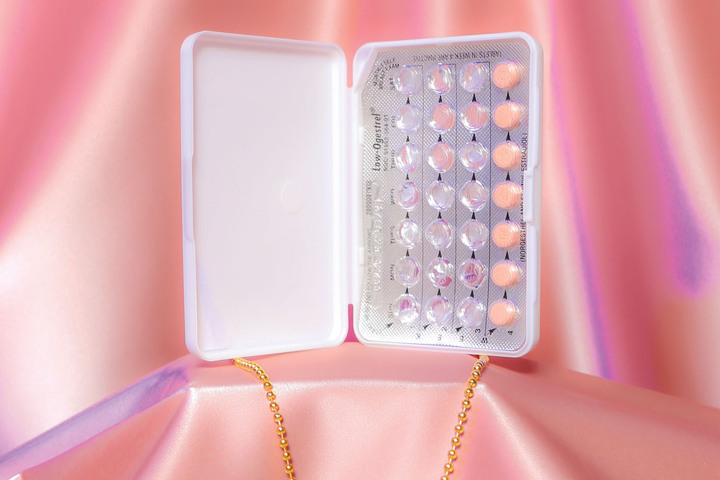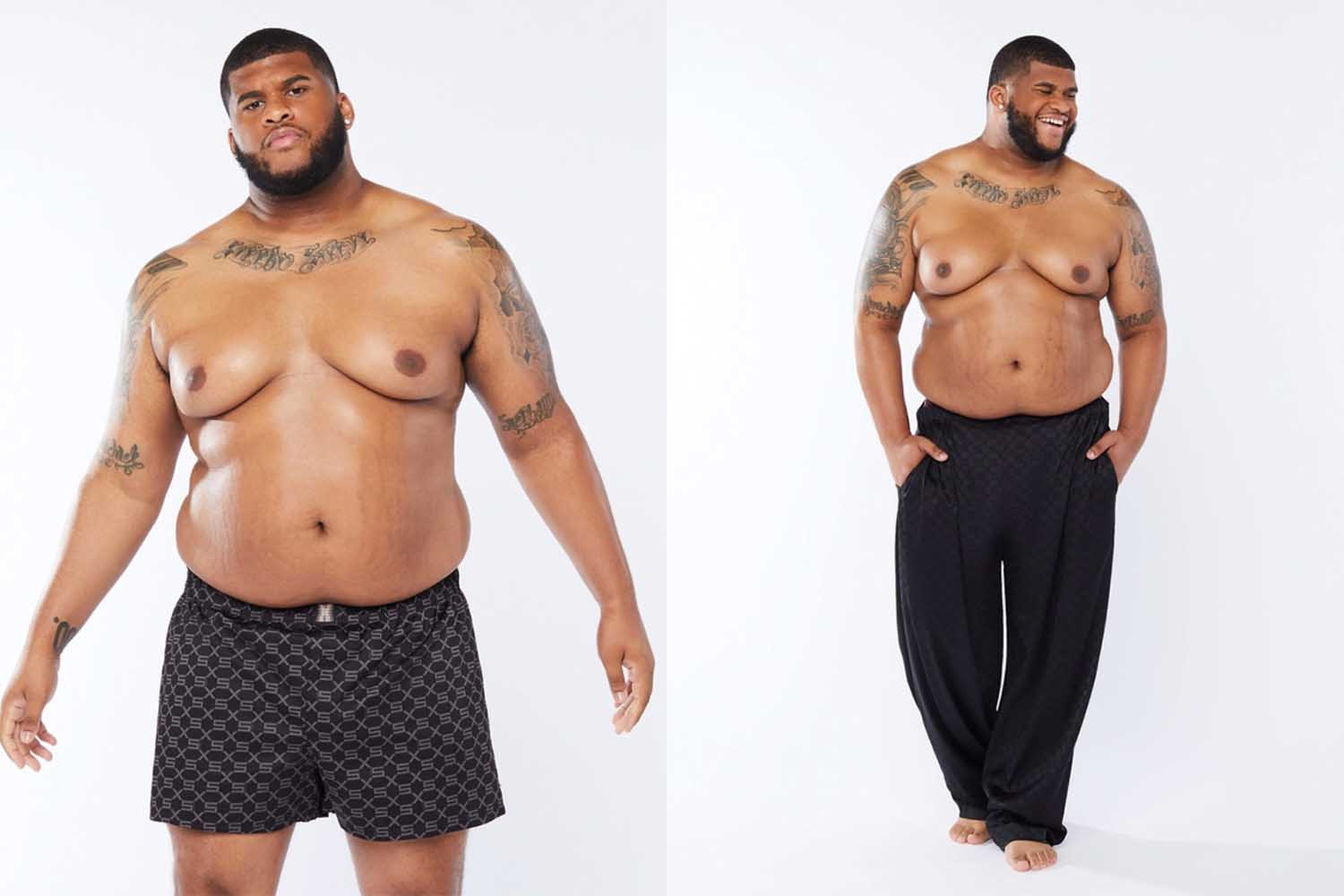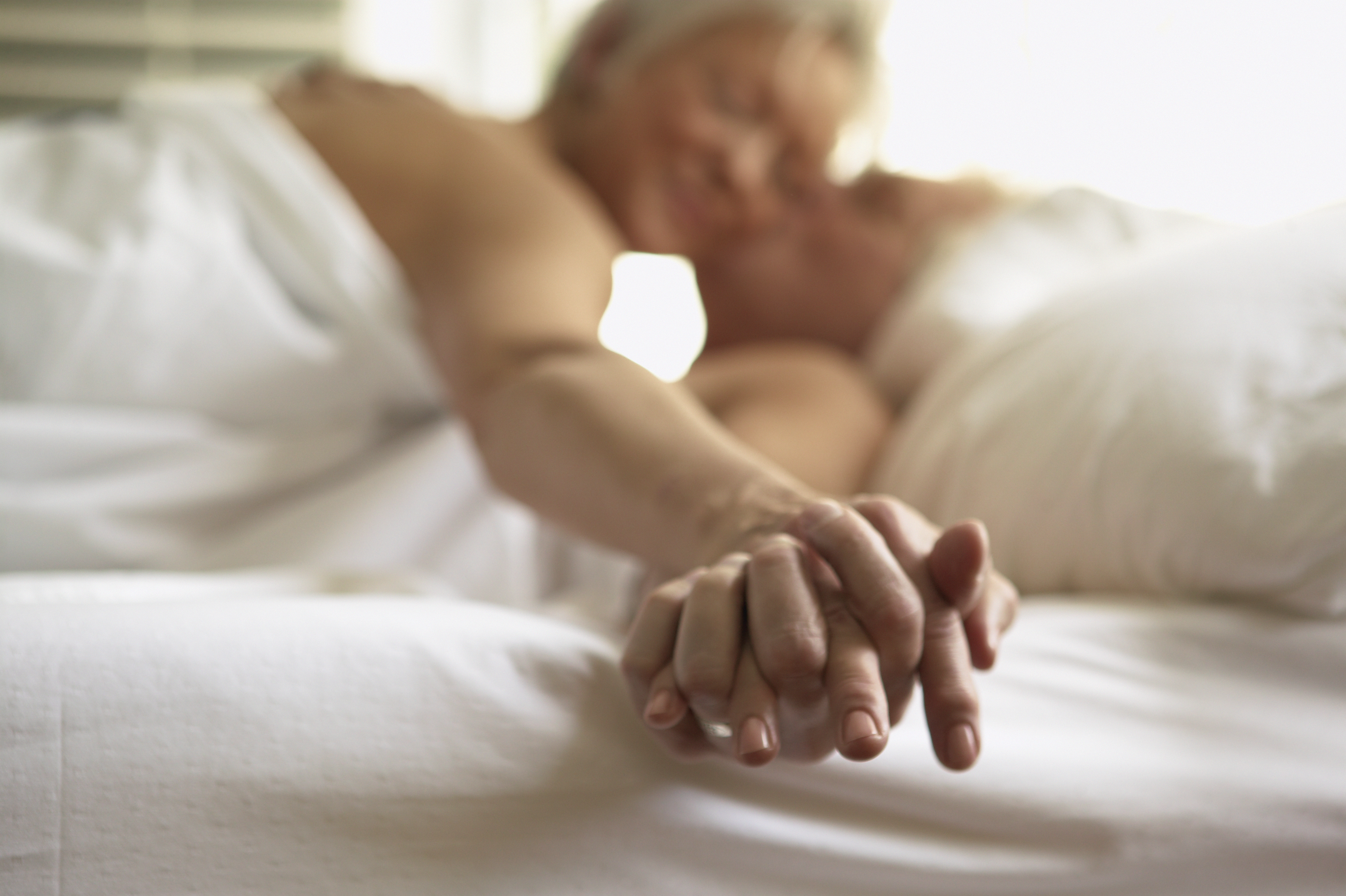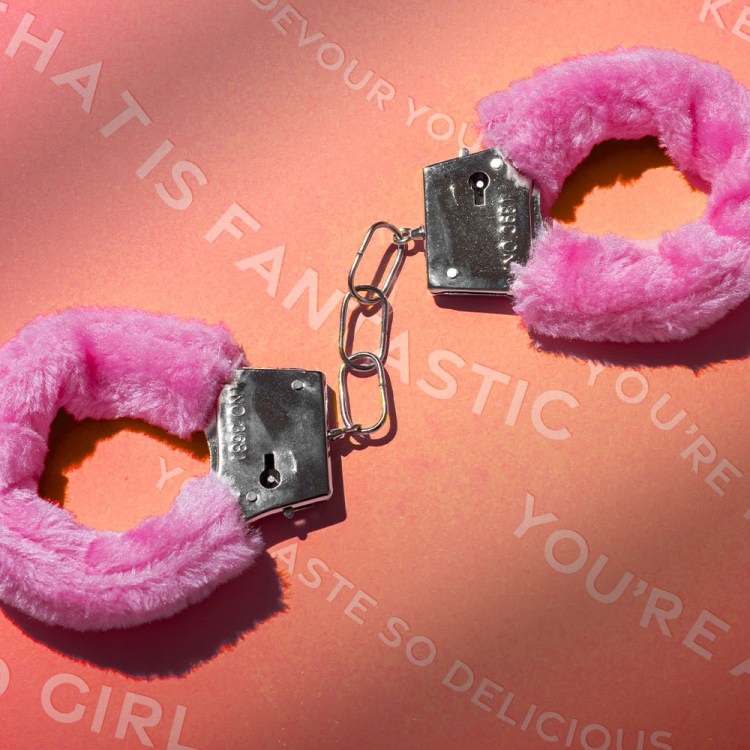Breaking: Men, too, have emotional needs. While heterosexual stereotypes have long suggested that women are emotional and needy while their boyfriends and husbands are emotionless sex robots who put up with the relentless neediness of their female partners for sex and sex alone, it turns out men, too, are capable of craving a form of intimacy beyond the purely physical.
“It’s true that many men are still clinging to a traditional masculine script that leaves them disconnected from their deeper emotions and the words to articulate them,” Andrew Reiner, author of the forthcoming book Better Boys, Better Men, wrote in a recent New York Times article. “But it’s inaccurate and reductionist to continue dismissing men as biologically incapable of healthy intimacy and deserving the brunt of all relationship woes.”
Contrary to the prevailing gender stereotypes at the heart of the dominant heterosexual relationship narrative, many men told Reiner they were actively seeking emotional vulnerability and intimacy in a relationship, and that a lack thereof was a big reason many past relationships had failed.
“I want more intimacy, more vulnerability. That was a challenge in my marriage,” one 43-year-old man told Reiner. “For too long I felt sad and alone, and I just don’t want to feel alone anymore.”
Reiner isn’t the first to call attention to what should be the very simple and obvious fact that men are capable of fostering emotional needs in relationships. A 2018 study, as Reiner cited, found “emotional inaccessibility” was a primary factor both men and women blamed for the failure of their relationships. Moreover, sexual desire, which the dominant stereotype usually holds as men’s primary drive in relationships, doesn’t exist in an emotionless vacuum. As psychologist Sarah Hunter Murray pointed out in her book Not Always in the Mood, men often struggle to maintain sexual interest in a partner if they feel an emotional disconnect.
Ultimately, the most surprising part of all of this shouldn’t be that men are capable of fostering a rich inner life complete with emotional needs and desires, but rather that we’ve still yet to fully acknowledge that reality and incorporate it into our broader understanding of heterosexual relationships.
Thanks for reading InsideHook. Sign up for our daily newsletter and be in the know.

















